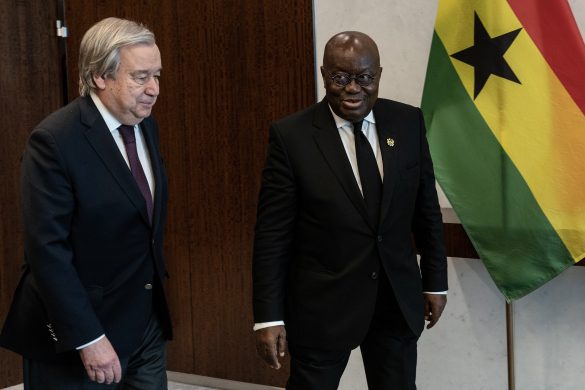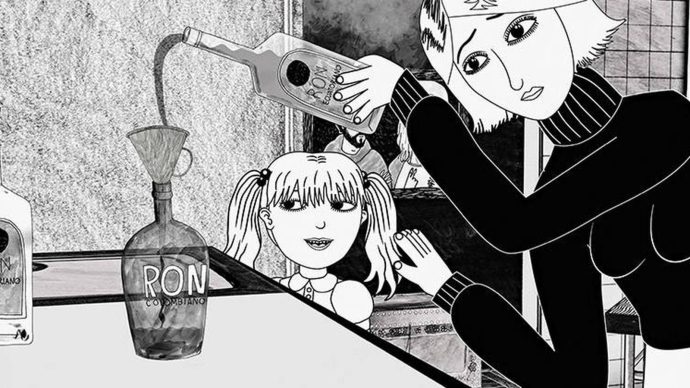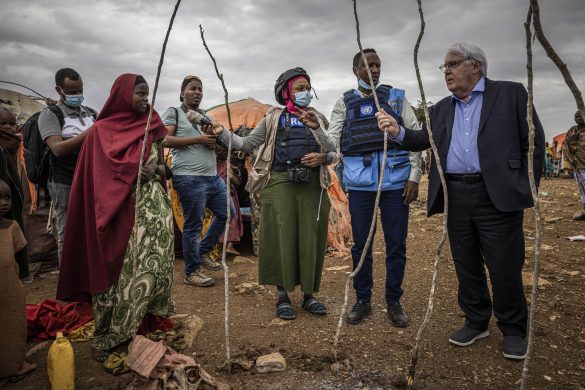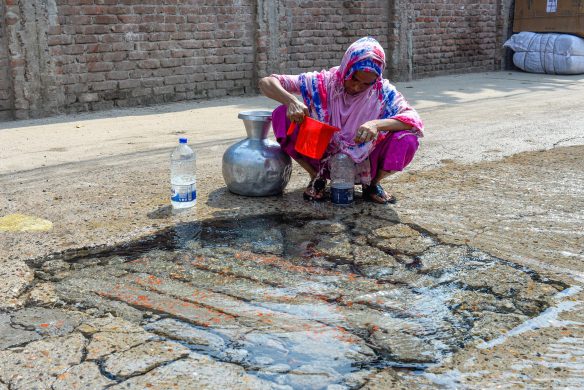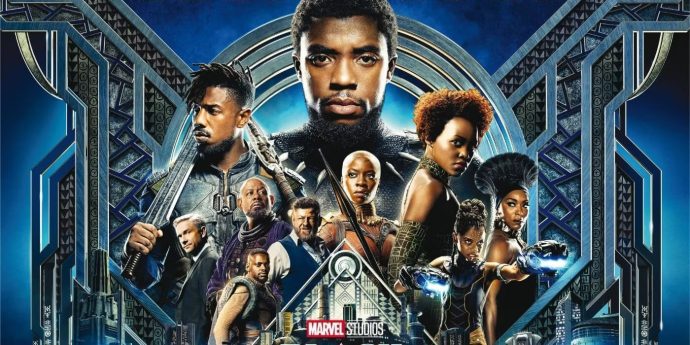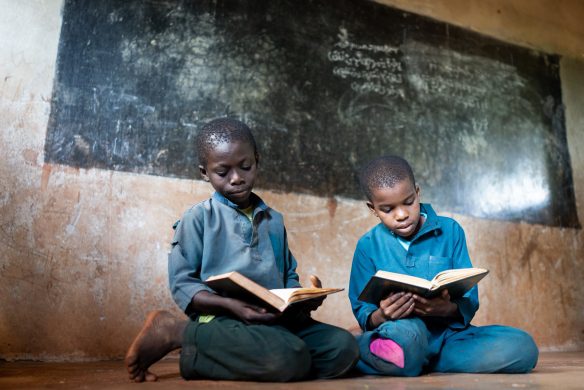Vurderingerne er ikke opmuntrende, nogle er lykkelige for, at der er skabt enighed om et slutdokument overhovedet, andre af den opfattelse, at det hele endte med, at man måtte forsvare de landvindinger, der blev nået i Rio for 20 år tilbage.
RIO DE JANEIRO, 20 June 2012 (IRIN): The adoption of the controversial concept of a “green economy“ was to have been the big story out of Rio+20, the UN Earth Summit in Rio de Janeiro, Brazil.
It features in the final outcome document put together by the Brazilians to break the deadlock on various issues that saw negotiations drag on through the night and into the early hours of 19 June.
The text is set to be adopted by heads of state once the conference opens formally on 20 June.
But the definition of a “green economy” has been left for each country to decide and comes with several compromises.
“Better a wishy-washy (tyndbenet) concept of a green economy than a bad definition,” said Martin Khor, the director of South Centre, an intergovernmental body of developing countries based in Geneva, Switzerland.
The developing world was mostly wary of (på vagt overfor) the motives behind the endorsement of the concept by many developed countries.
Eminent African scientist Youba Sokona, the co-chair of Working Group III (mitigation (klimalindrings) issues) of the Intergovernmental Panel on Climate Change (IPCC), said the document and the conference lacked any “new ideas and did not really set a vision on how to check unsustainable consumption at an individual level”.
Here is a sense of the good and the not-so-good in the final outcome document, criticized by civil society and many scientists as lacking ambition.
“It depends on how you see it – half-full or half-empty,” said Khor, adding:
“We ended up defending what we had gained in Rio in 1992, but at least we managed to do that.”
The good
Læs videre på
http://www.irinnews.org/Report/95691/RIO-20-Battles-won-and-lost








